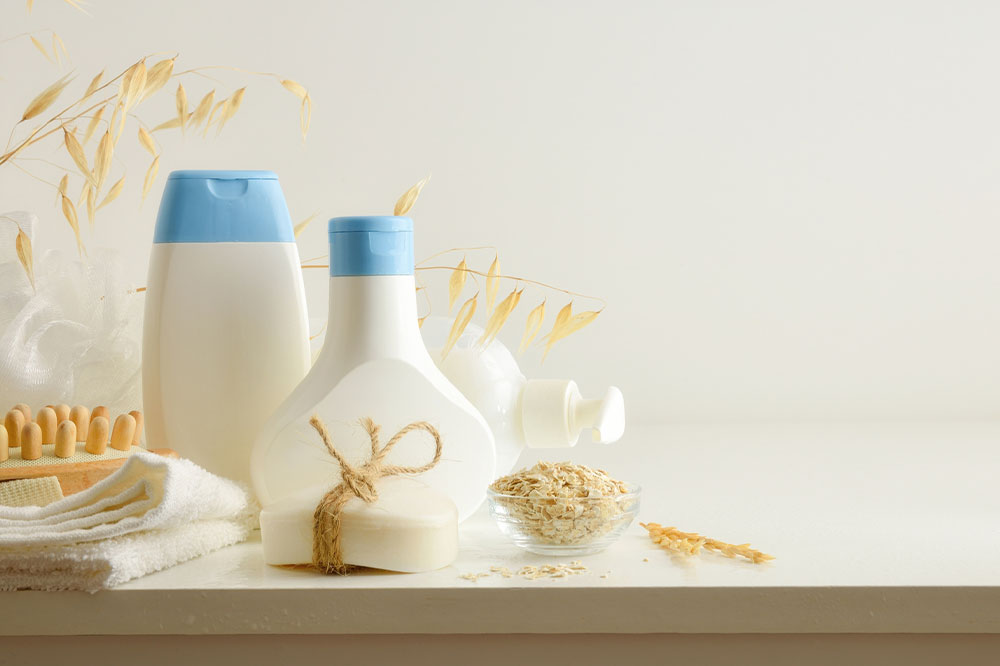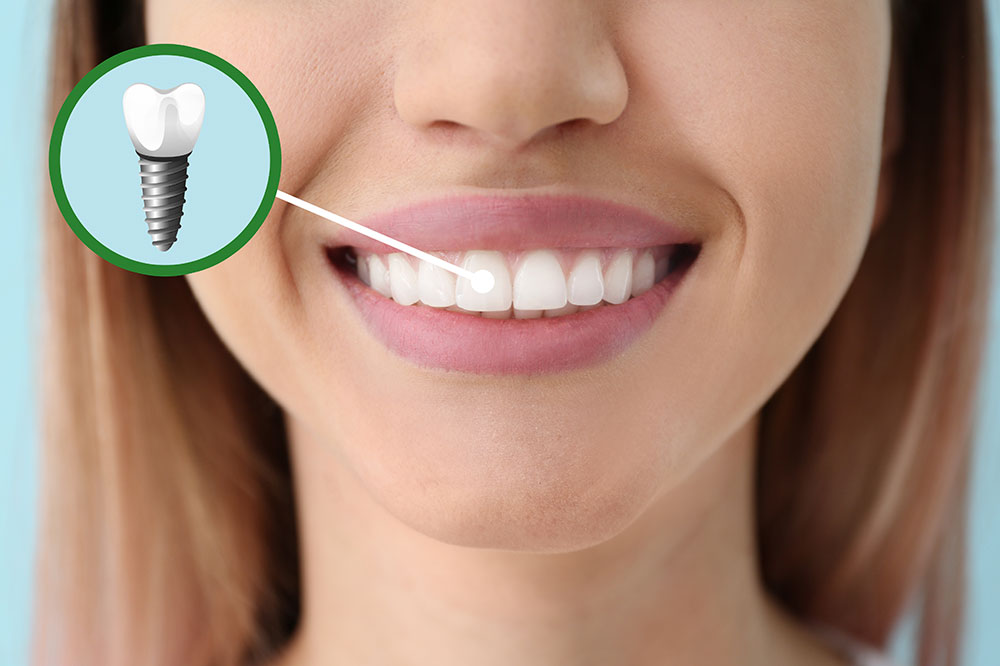6 Tips for Finding the Right Soap When Dealing With Eczema

Atopic dermatitis, or eczema, is a skin condition triggered by defects in the skin barrier. This chronic condition can lead to skin inflammation and cause red, dry, and itchy skin. Atopic dermatitis also makes the skin more sensitive to certain compounds present in products that one uses regularly, including soaps. So to avoid worsening the symptoms and inflammation, one must follow a few tips for finding the right soaps when affected by eczema.
Check for sodium lauryl sulfate
Most people with eczema may see flare-ups in their symptoms when they use certain soaps. Flare-ups may occur due to certain chemicals in soaps, like sodium lauryl sulfate. The chemical is known to remove the natural oils from the skin and make it feel tight or dry. Soaps with this ingredient can trigger irritation and allergic reactions. So one should go for soaps free of sulfates, especially if they are susceptible to symptoms of eczema.
Test new soaps
While several soap manufacturers claim their products are free of chemicals, they can contain certain ingredients that may lead to skin irritation. The best way to rule out any complications is by performing a “patch test” to check for allergic reactions. One can do this by taking a small amount of the product and applying it to their wrist or crook of the elbow. They must clean and dry the area and cover it with a bandage, leaving it unwashed for 48 hours. If there is redness, flaking, rash, pain, or itchiness within this period, then one might be allergic to the soap. If one notices any irritation, they must immediately remove the bandage and wash the affected area. One must also speak to a dermatologist before conducting such tests.
Avoid soaps with fragrance
While using soaps with fragrance can help eliminate bad body odor and replace it with a pleasant smell, these can be bad for the skin when affected by eczema. That is because more than 2,500 various types of chemicals can be used to make a fragrance. However, companies club and label the ingredients as “perfume,” making it difficult to identify the ones that can act as irritants. One should check out soaps that list all their ingredients so that it is easier to identify and avoid allergens. Better yet, avoiding soaps with fragrances is an easier way of preventing irritation and worsening of eczema symptoms.
Check for pH levels
Though soap manufacturers claim that their product has the same pH balance as the skin, they may not always be honest. The pH of the skin is 5.5, which is slightly acidic. And while most soaps are pH balanced, some are alkaline and may increase the skin’s pH level. This can deteriorate the skin barrier function and lead to flare-ups of atopic dermatitis symptoms. So one should avoid soaps that are alkaline.
Avoid harsh cleansers and detergents
The National Eczema Association has created a list of ingredients that eczema patients should avoid in soaps. A few of them are formaldehyde, salicylic acid, ethanol, lanolin, retinoids, tea tree oil, and propylene glycol. When a person uses cleansers and detergents with these chemicals, it might damage their skin’s natural moisturizing ability, leading to skin irritation. Instead, one should look for soaps that contain mild cleansers. Industrial cleansers made with pumice or petroleum distillates may also be rough on the skin, especially for patients with eczema. They must steer clear of such cleansers to improve their skin condition.
Choose natural products
Patients affected by eczema are better off using selective natural and doctor-recommended cleansing products. They are free from several harmful chemicals, including sodium lauryl sulfate. A few popular options useful to patients with eczema include:
SheaMoisture African Black Soap Eczema & Psoriasis Therapy: This product has an all-natural ingredient formula. The soap contains lemon balm, aloe, shea butter, Gotu kola, and African black soap, and it helps the skin absorb and retain moisture while leaving bacteria outside the skin’s protective barrier. The process helps prevent and heal dryness and inflammation that might be caused by eczema.
CeraVe Soothing Body Wash: The body wash formula was created by dermatologists who prioritized skin sensitivity. The CeraVe Soothing Body Wash contains omega oils, hyaluronic acid, and three essential ceramides. These ingredients enable the product to restore the skin to a healthy and natural state. The body wash is also free from allergens, irritants, and fragrances, which makes it safe for children and adults. Additionally, the CeraVe Soothing Body Wash is recommended by the National Eczema Association.
Cetaphil Deep Cleansing Bar: This soap is designed for dry, sensitive skin. It can moisturize and clean one’s skin and has a neutral pH formula. It is free from harsh detergents that may otherwise strip the skin of natural oils or barriers, making the formula safe for adults and children.
Splendor Santa Barbara Pure Coconut Oil Soap: For those who want an all-natural, vegan formula, this soap can be a good choice. It contains coconut oil, a proven anti-inflammatory ingredient safe for consumption and topical use. The soap also has aloe juice, organic chamomile, organic calendula, and colloidal oats. These ingredients are free from irritants and chemical allergens. The formula also makes for a creamy soap capable of soothing and moisturizing dry skin.
Skinfix Eczema Soothing Wash: The NEA recommends this wash for people with eczema as its formula contains soothing colloidal oatmeal, aloe vera, and vitamin E. The product is also free of fragrance, soy, sulfates, parabens, phthalates, and nut ingredients. This dermatologist-recommended product can soothe any symptoms in patients by hydrating the skin and making it soft again. Ingredients like aloe vera juice, sunflower, and jojoba oils also contribute to the healing process.
It is important for people with eczema to consult a dermatologist before introducing new soaps to one’s daily routine. This can help them avoid complications brought on by irritating ingredients and allergens.






